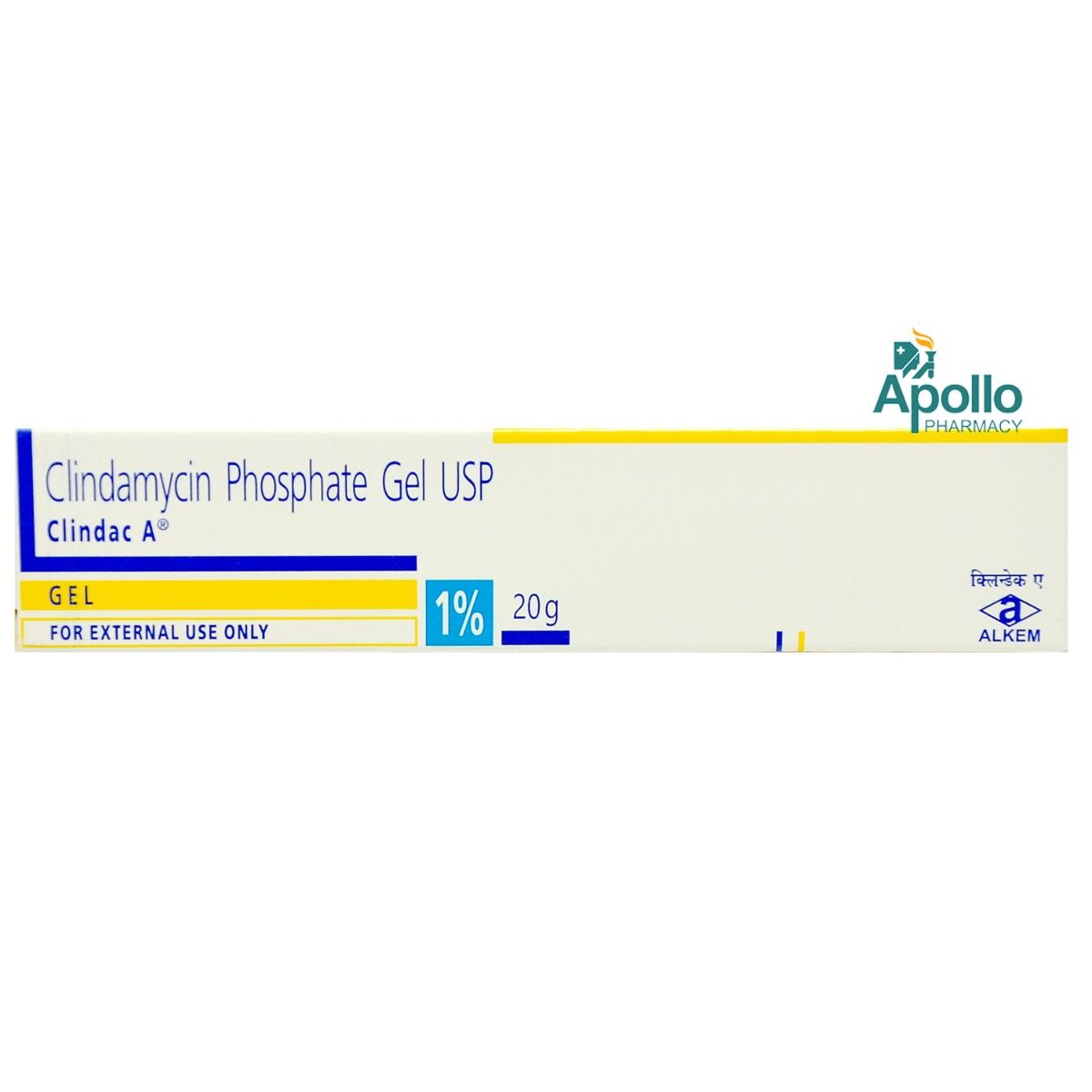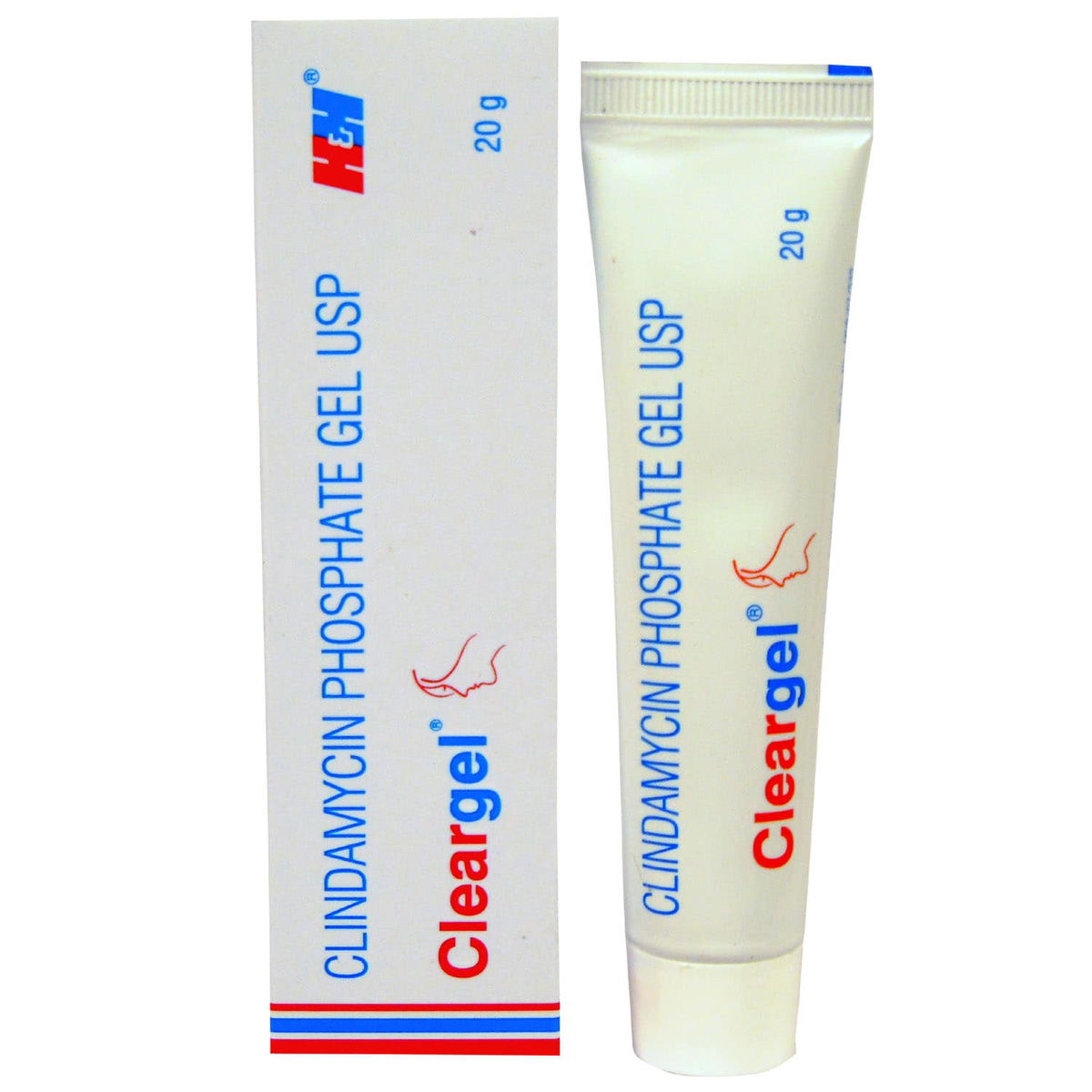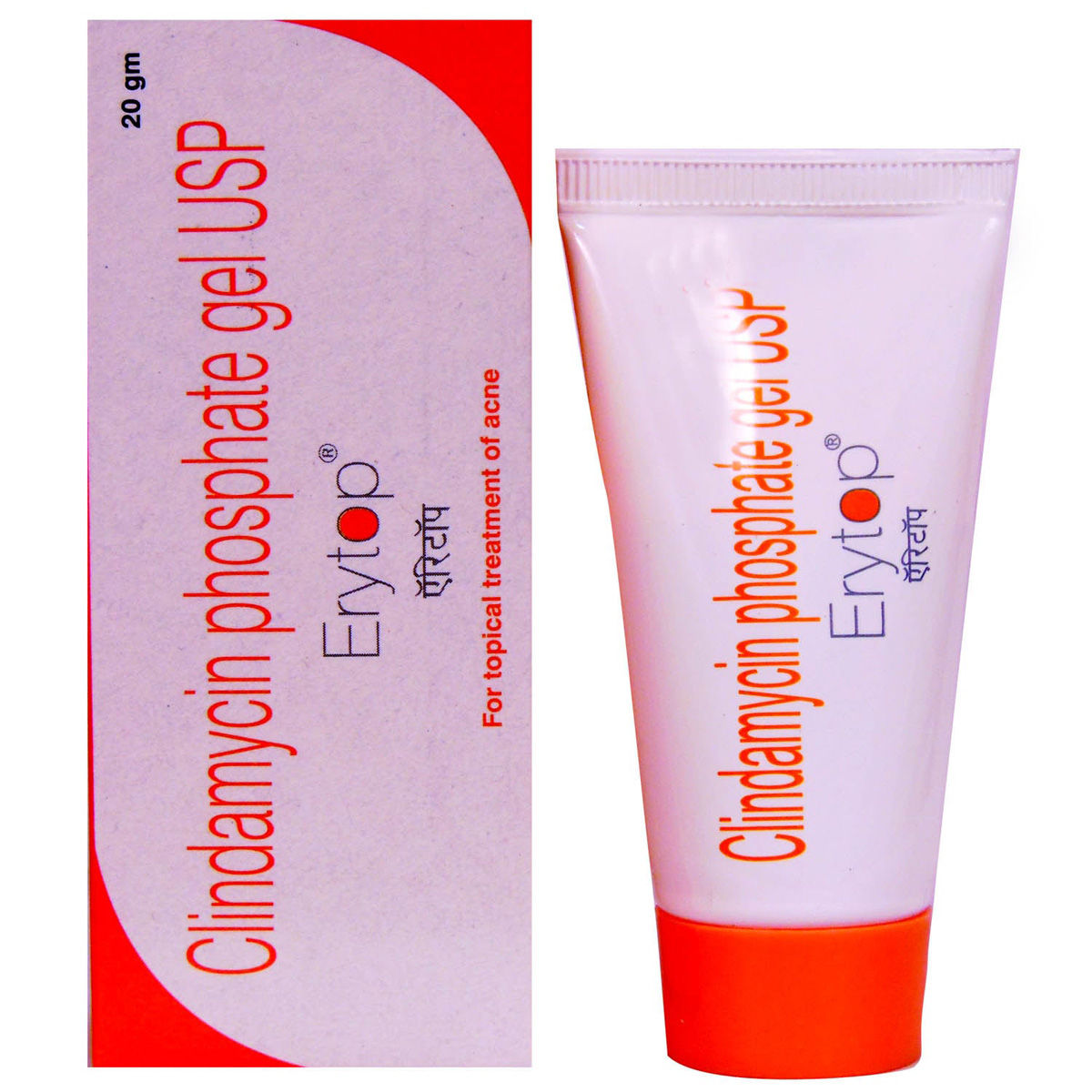Clivy Gel 20 gm
₹81*
MRP ₹90
10% off
₹76.5*
MRP ₹90
15% CB
₹13.5 cashback(15%)
Free Delivery
With Circle membership
(Inclusive of all Taxes)
This offer price is valid on orders above ₹800. Apply coupon PHARMA10/PHARMA18 (excluding restricted items)
Know Your Delivery Time
Provide Delivery Location


Secure Payment

India's Most Trusted Pharmacy

Genuine Products
Composition :
Manufacturer/Marketer :
Consume Type :
Return Policy :
Expires on or after :
About Clivy Gel
Clivy Gel is used to treat acne (pimples). Acne is a skin condition caused when the hair follicles are plugged with oil and dead skin cells. Symptoms include blackheads, pus-filled pimples, and large/red bumps.
Clivy Gel contains 'Clindamycin' that works by inhibiting bacterial protein synthesis, which stops bacterial growth. It shows a bacteriostatic effect, which prevents the multiplication of bacteria.
Clivy Gel is for external (for skin) use only. Avoid contact with eyes, eyelids, lips, and mouth. Like all medicines, Clivy Gel also causes side effects, although not everybody gets them. Common side effects of Clivy Gel include burning sensation, itching, dryness, redness, oily skin, and peeling of the skin. Most of these side effects do not require medical attention and gradually resolve over time. If these side effects persist longer, please consult your doctor.
Please tell your doctor if you are allergic to any of the components in Clivy Gel. Let your doctor know if you have a history of eczema, dermatitis (inflammation of the skin), inflammatory bowel disease or antibiotic-associated colitis (inflammation of the colon). Do not use Clivy Gel on sunburnt, dry, or irritated skin. Let your doctor know if you are pregnant, planning to conceive, or a breastfeeding mother before using Clivy Gel. Clivy Gel is not recommended for children below 12 years of age.
Uses of Clivy Gel
Directions for Use
Medicinal Benefits
Clivy Gel is an antibiotic that treats acne (pimples). It contains Clindamycin which works by inhibiting bacterial protein synthesis, which inhibits bacterial growth. It shows a bacteriostatic effect, which stops bacterial reproduction but doesn't kill them.
Side Effects of Clivy Gel
- Burning sensation
- Itching
- Dryness
- Redness
- Oily skin
- Peeling of the skin
Storage
Drug Warnings
Do not use Clivy Gel if you are allergic to any of its components. Let your doctor know if you have any liver disease, kidney disease, gastrointestinal diseases (colitis, an inflammation of the colon), and allergic conditions (asthma, hay fever, eczema, and dermatitis). Please limit the use of products that contain large amounts of alcohol (astringents, shaving creams or after-shave lotions), hair removal products, and products containing lime or spices while using Clivy Gel. Do not apply Clivy Gel on mucous membranes, lesions, and large areas of skin. Pregnant and breastfeeding women should consult their doctor before using Clivy Gel. Clivy Gel is not recommended in children below 12 years of age.
Therapeutic Class
Drug-Drug Interactions
Drug-Food Interactions
Drug-Drug Interactions Checker List
- ERYTHROMYCIN
- WARFARIN
- ATRACURIUM
- VECURONIUM
Diet & Lifestyle Advise
- Avoid harsh products on your skin.
- Do not share cosmetic products, face towels, and bathing bars.
- Manage stress, eat healthily, drink plenty of water, exercise regularly, and get plenty of sleep.
- Avoid or limit the intake of alcohol and caffeine.
- Rinse your face with water several times a day to avoid breakouts.
- Do not scratch or pick your skin to avoid infecting the affected area.
- Hydration is important in managing acne; hence drink 3-4 litres of water daily to eliminate toxins from the body.
- Include anti-inflammatory foods in your diet.
Habit Forming
How Clivy Gel Works
What if I have taken an overdose of Clivy Gel
Alcohol
Caution
No interactions were found/established. Please consult your doctor if you have any concerns.
Pregnancy
Caution
Please consult your doctor before using Clivy Gel if you are pregnant or planning to conceive.
Breast Feeding
Caution
Please consult your doctor before using Clivy Gel if you are breastfeeding. If you need to apply the cream, gel or lotion on your breasts, don't do this shortly before giving a feed.
Driving
Safe if prescribed
Clivy Gel has no or negligible influence on the ability to drive or use machines.
Liver
Caution
Let your doctor know if you have any history of liver diseases before using Clivy Gel.
Kidney
Caution
Let your doctor know if you have any history of kidney diseases before using Clivy Gel.
Children
Unsafe
Clivy Gel is not recommended in children below 12 years of age.
Country of origin
Manufacturer/Marketer address
Author Details
We provide you with authentic, trustworthy and relevant information
FAQs
Disclaimer
Product Substitutes






















